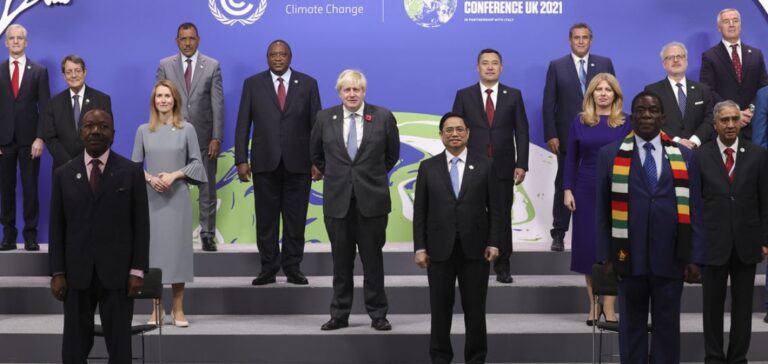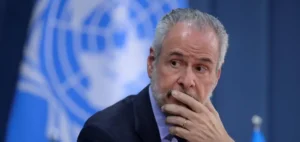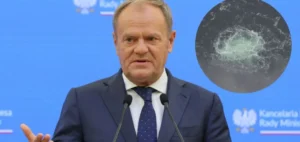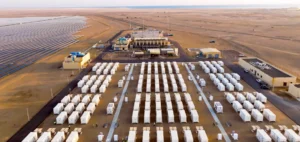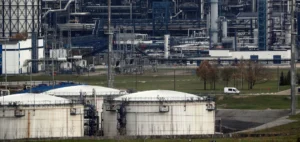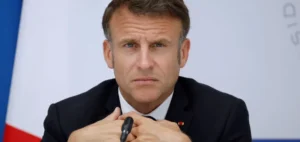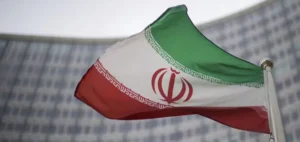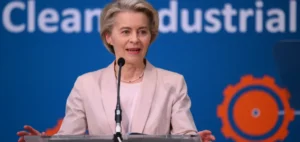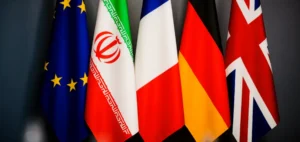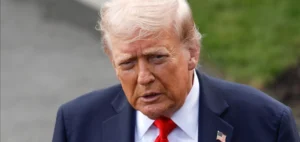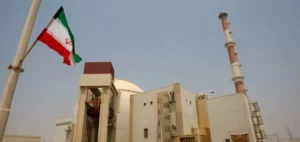COP26 will need to integrate nuclear power to achieve its objectives, with small modular reactor (SMR) technology emerging as the obvious solution. This is the conclusion of a recent report by Wood Mackenzie on the current state and future of nuclear power.
COP26 can’t do without nuclear power
In the run-up to COP26, Wood Mackenzie has published a report on the role of nuclear power in the energy transition. According to the study, the nuclear issue is a divisive one internationally, with some countries wishing to do away with this energy source, and others investing heavily in it. But today’s challenge is to meet growing energy demand while reducing carbon emissions.
A complex challenge that renewable energies are unlikely to meet. While wind and solar power are destined for a bright future, these energy sources will not be able to provide a secure supply. Other, more flexible sources are essential. COP26 must find solutions to the electrification of more and more economic sectors.
Decline in nuclear projects since the 1980s
Global nuclear capacity is stagnating, with 366 GW currently in operation. Between 2000 and 2020, the average rate of construction of new nuclear structures has fallen compared with the 1980-2000 period. A trend driven by Europe for a number of reasons.
Firstly, the disaster at the Fukushima nuclear power plant has put off potential investors and tightened safety measures linked to the industry. The result has been construction delays and cost overruns – particularly in Europe. But nuclear power and its aging fleets are also faced with a growing number of technical problems. And competition from cheaper renewable energies is making itself felt.
China to hold 45% of nuclear capacity by 2050
In contrast to the Europeans, some countries, such as China, Russia and India, are banking on nuclear power for their energy transition. Even Canada is investing in this energy, believing the technology to be a cost-effective alternative in view of its geography.
Turkey, Bangladesh and the United Arab Emirates are also pursuing their nuclear programs. Russia’s state-owned nuclear company, ROSATOM, dominates the nuclear reactor market at home and abroad. The company will contribute to the increase in global nuclear capacity estimated by Wood Mackenzie at 88% by 2050.
At present, more than 125 GW of global nuclear capacity is being planned, of which China is the main contributor. With its determination to eliminate coal, Beijing is investing massively and should even hold 45% of the world’s capacity by 2050. The country is even experiencing rapid cost reductions for SMRs, accentuating the potential of nuclear power.

SMR, less costly and faster
SMRs represent a promising technology for the future of energy, thanks to their compact design. They can be manufactured and assembled on site, reducing production times and costs.
What’s more, SMRs are more flexible than large-scale reactors, with capacities ranging from 150 to 450 MW. They could help reduce the disturbances observed in certain aging structures. With this technology, the production of hydrogen – an essential element in the energy transition – from nuclear sources would compete with green hydrogen.
For Wood Mackenzie, SMRs are “still in their infancy, but their potential is infinite”. The firm claims that SMR costs could fall below $80/MWh by 2030. Provided there is government support, technological innovation and investment. For the time being, a number of obstacles to the deployment of SMRs remain.
Some obstacles to the development of SMR
Like all technologies, SMRs come up against a number of difficulties. Despite a relatively low production cost, SMRs require high initial investment costs, which are reflected in the price of electricity. Also, since nuclear power is subject to stringent regulations, approvals for new designs can be time-consuming and costly.
Note the political uncertainty surrounding nuclear power, with political camps widely divided on the issue. The problem of nuclear waste also remains to be resolved, with few easy or inexpensive solutions available at present.
Finally, SMRs, of which only a handful are in operation, are competing with other technologies. These include hydrogen, geothermal and carbon capture and storage power plants. While nuclear power – with SMRs at the forefront – will play its part in the energy transition, it is only part of the solution.


